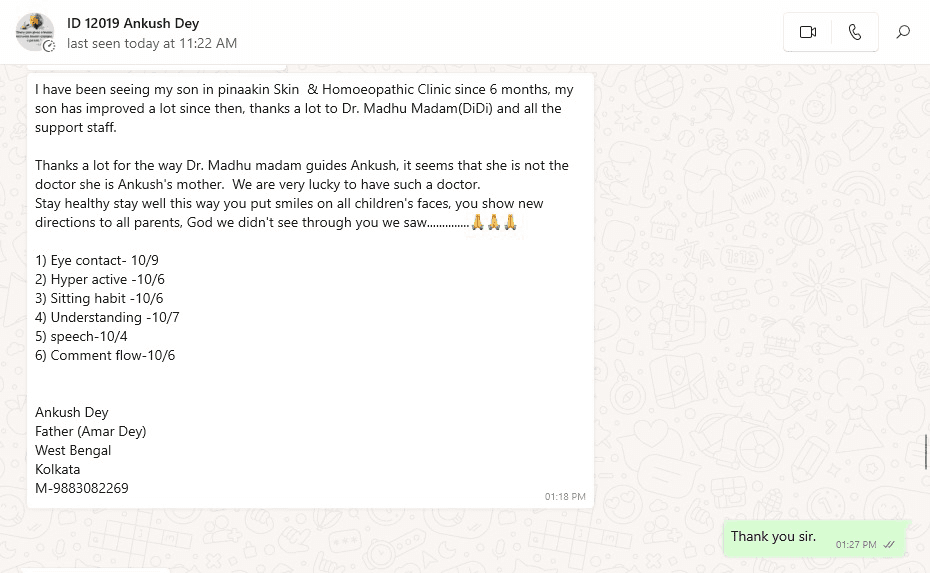Best Autism Homoeopathy Treatment in Chandigarh
What is Autism?
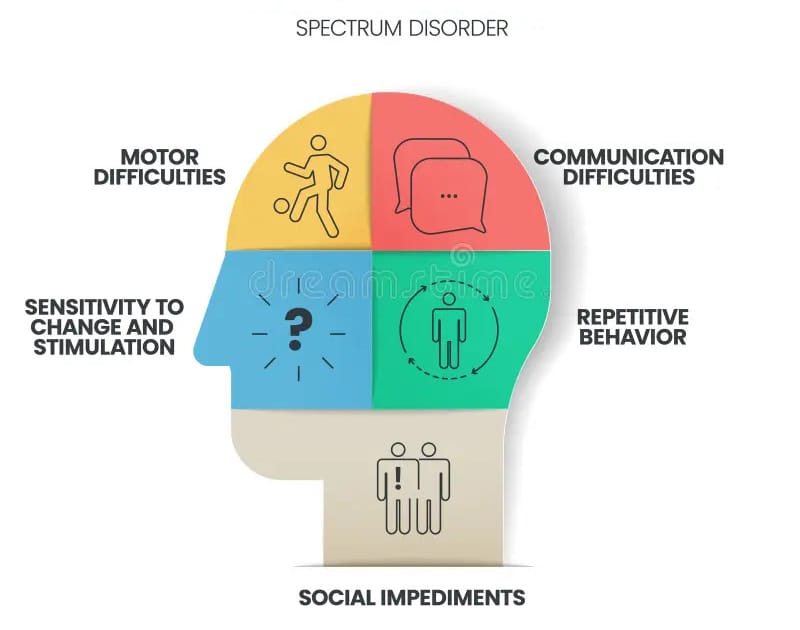
Autism is a complex neuro developmental condition that affects a child’s ability to perceive, process, interpret, and respond to the world around them, making social communication and interaction more difficult. Children with autism may struggle to connect words with their meanings. Parents often notice that their child doesn’t respond when their name is called or ignores simple instructions, which can be an early sign of the condition. It’s a lifelong condition that varies widely, with each person experiencing unique symptoms and differing levels of impact.
Changes at the level of Brain

The brain with autism works differently
The two sides of the brain don’t communicate as well in autism, which may affect skills like language. Areas of the brain that control thinking, movement, and senses show more folds in autistic brains, changing how they process information. Connections between brain areas are weaker, leading to deeper grooves in the brain and challenges with skills like language. Brain signals in autism can be out of sync, making it harder to switch between tasks or thoughts.
What Happens As The Autistic Brain Ages?
ASD starts in early childhood and continues into adulthood. Many of the symptoms and the brain patterns normalize with age but, along the way, a lot of complex development takes place.
For instance, 20% to 30% of people living with autism develop seizure disorders. But the reason isn’t really understood.
Then, there are other mental health conditions that come into play. It is common for people living with ASD to also experience anxiety, depression, and OCD—more so than in the general population.
Recognizing the Symptoms of Autism Spectrum Disorder (ASD)
ASD symptoms can vary widely from one individual to another. Some people may experience mild symptoms, while others have more severe challenges, but all fall under the ASD spectrum. Despite these differences, there are core symptoms commonly associated with ASD, typically related to communication, social interaction, and repetitive behaviors.
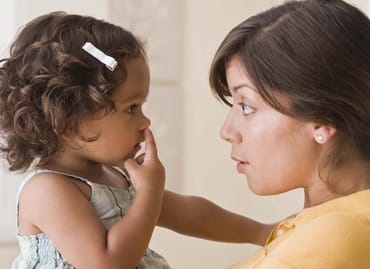
Communication
- May not respond to their name by 12 months old.
- Has difficulty expressing needs or desires.
- Experiences delays in language development or struggles with speech.
- Doesn’t consistently follow directions.
- Appears to hear selectively, responding sometimes but not others.
- Doesn’t point, wave, or make common gestures like "bye-bye."
- Might have started speaking or babbling but then lost those skills.
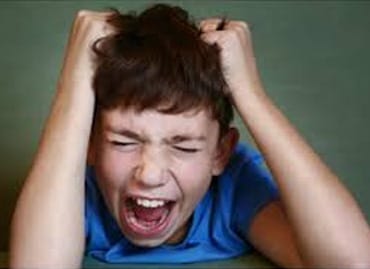
Repetitive Behaviors (Stereotyped Behaviors)
- Gets "stuck" on certain activities or routines and struggles to transition.
- Has strong attachments to specific objects or routines.
- Spends a lot of time arranging items or organizing them in a particular way.
- Repeats words or phrases.
- Finds sudden changes or transitions challenging.
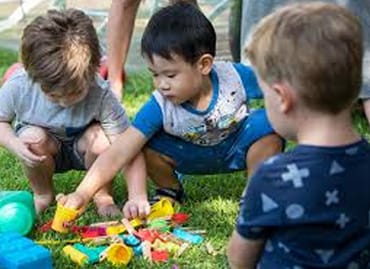
Social Interaction
- Doesn’t smile back when smiled at.
- Has limited eye contact.
- Often prefers to play alone.
- Shows unusual independence for their age.
- Appears to ignore people or "tune them out."
Other Behaviors
- Shows unusual movement patterns, like toe-walking.
- May not engage with toys in typical ways.
- Reaches milestones early in certain areas compared to peers.
- May have intense or aggressive tantrums.
- Can be overly active, resistant, or uncooperative.
Sensory Sensitivities
- They might be highly sensitive to sounds, bright lights, or textures.
- They may seek sensory input, such as watching flickering lights or feeling vibrations, like those from a washing machine.
Conventional treatment for Autism
There is currently no conventional cure for autism. Traditional approaches have found limited success, with most progress seen through various therapies. While therapies do play an important role in supporting children with autism, they generally contribute to about 30% of overall improvement. These interventions help, but their impact is often partial and varies widely from child to child.
Our Approach
The brain’s right and left sides serve different purposes: the right side is associated with emotions, creativity, and sensitivity, while the left side is responsible for logic and analytical thinking. Each side controls the opposite side of the body, with the right brain developing first, playing a crucial role in early learning, such as understanding right from wrong and recognizing fear.
Homeopathy provides a personalized approach to addressing autism spectrum disorder (ASD). Since autism presents differently in every child, homeopathic treatments are tailored to suit individual needs, focusing on the specific symptoms and stages of the condition. Remedies are chosen based on the child’s unique challenges, addressing one layer at a time. The duration of treatment varies depending on the child’s age and the severity of their condition.
Parents are encouraged to stay patient, optimistic, and actively involved during the treatment process. Monitoring progress closely is important, as selecting the appropriate remedy at each stage is vital for effective results.
At Pinaakin Clinic, we offer safe and best homeopathic treatments for autism. Homeopathy has no known side effects, making it suitable for people of all ages and ideal for long-term use without any health risks.
Our Success
The parents of 5-year-old Master Dey have expressed their heartfelt gratitude for the care and support they’ve received, which has helped them navigate their son’s challenges over the past few months. Since starting treatment, they have noticed remarkable improvements. Their son is now much calmer, more focused, and better able to concentrate, enabling him to make significant progress in his learning.
They’ve also observed positive changes in his behavior, a significant improvement in receptive communication, and steady progress in following instructions. They are now looking forward to further developments, especially in his language skills.
We are thrilled to see how our approach has brought new hope and happiness to their family, allowing them to truly celebrate their son’s childhood. Being part of their journey is deeply fulfilling, and we are committed to helping many more children. This dedication continues to make us the best homeopathy clinic for autism in Chandigarh.
